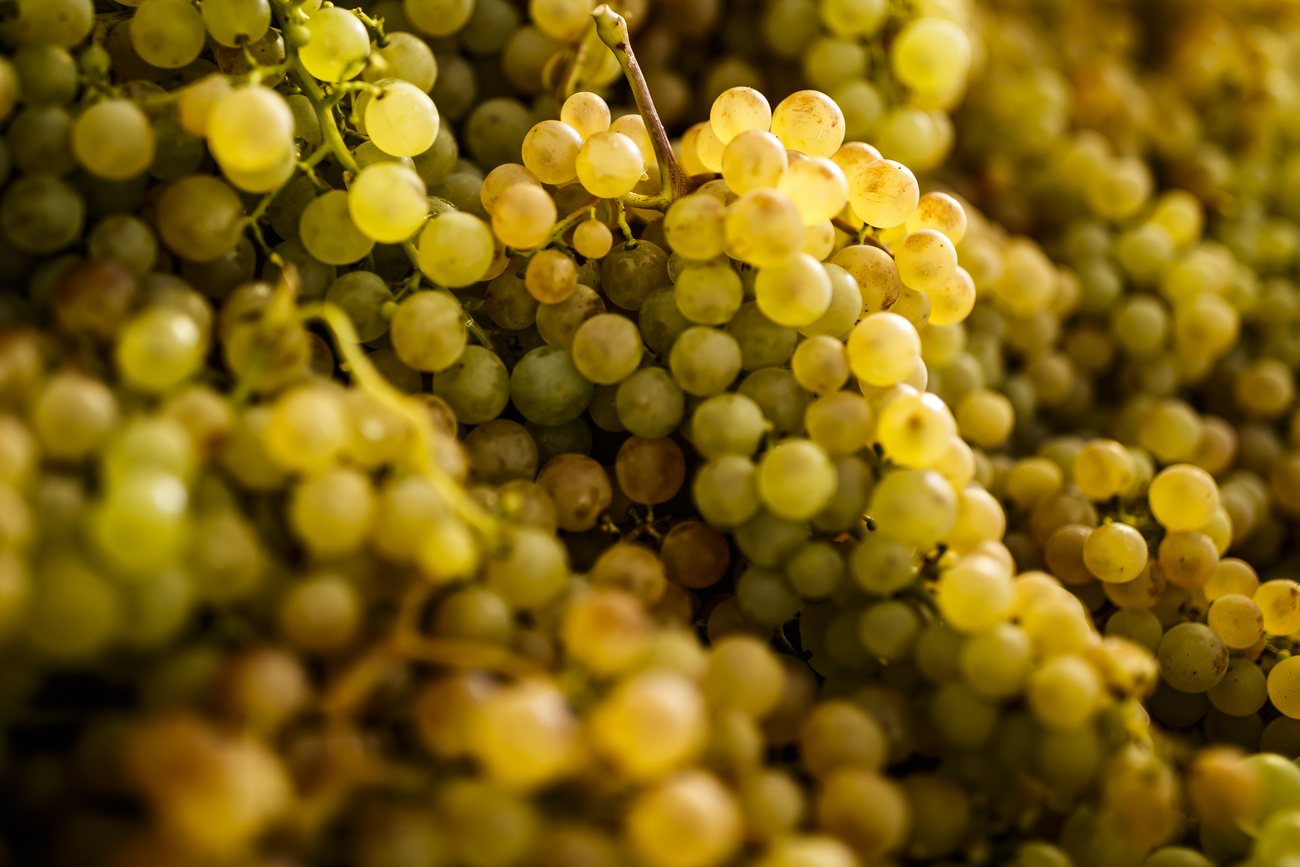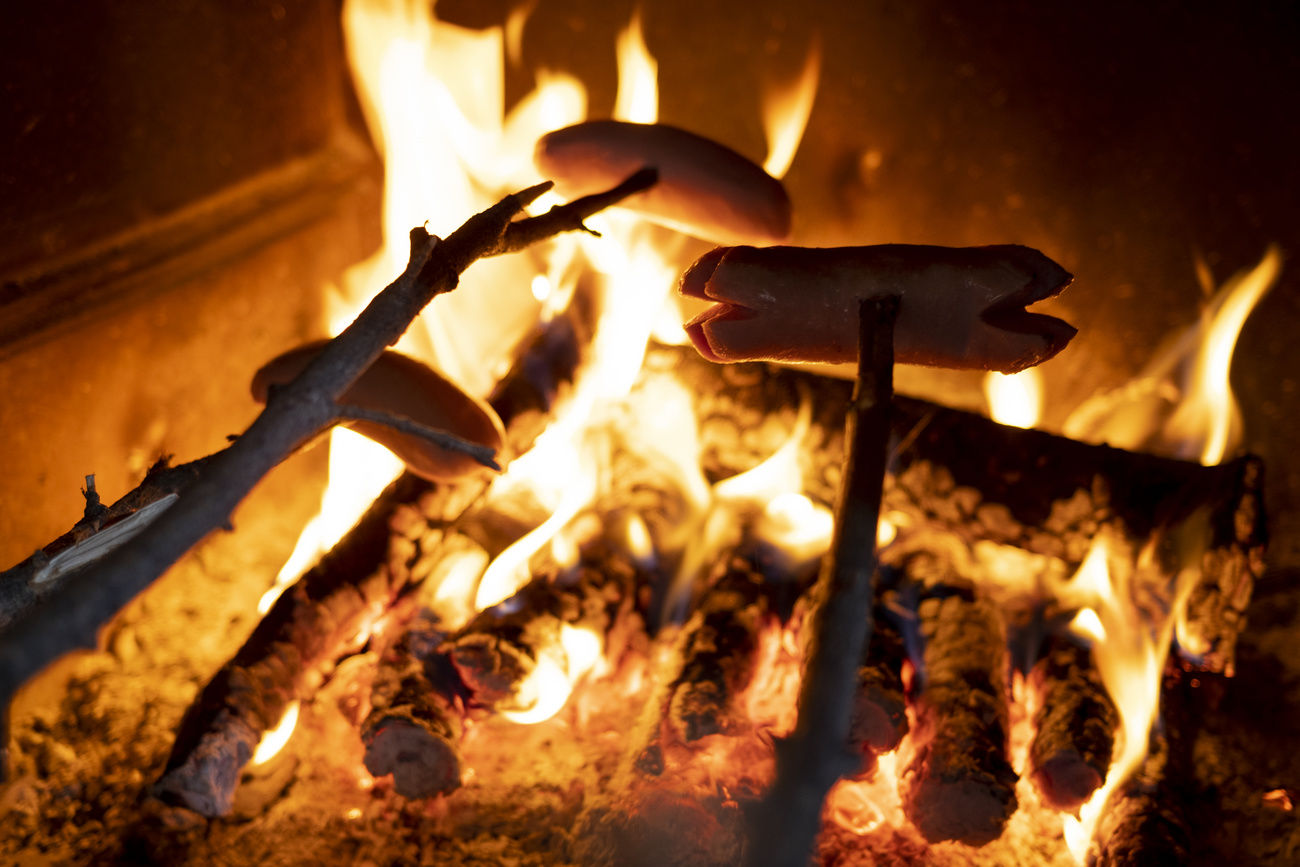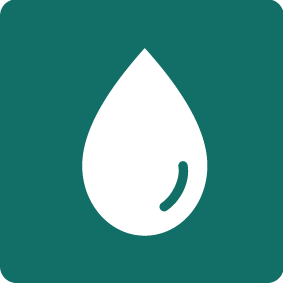
Swiss wine gets boost to fend off foreign competitors

Local wine has seen its dominance of the Swiss market eroded by rivals over the past years. The sector has now convinced politicians to give it a helping hand.
At a time of belt-tightening and budget cuts, getting a spending hike through the Swiss parliament these days is not easy. However, the heady influence of fermented grapes was hard to resist for parliamentarians in the Senate during the recent spring session: they voted to boost annual funding for the promotion of Swiss-made wine from CHF2.8 million ($3.2 million) to CHF9 million.
The amount might sound modest for a sector which produced more than 100 million litres of wine last year. Parliamentarians however argued that the issue for Swiss viticulture is not just production or quality (which for 2023, after a hot and dry summer, is tipped to be “excellent”); it’s also getting drinkers to choose, say, a Geneva Gamaret over an imported Italian Chianti.
Want to read our weekly top stories? Subscribe here.
Swiss-made wine is still the domestic market leader, accounting for 37% of consumption in 2022. But the majority is imported, mainly from Italy (24%), France (14%) and Spain (11%). And these big-budget competitors are seen as a threat: Italy alone spends CHF18 million a year to plug its wine in Switzerland, Fabio Regazzi from canton Ticino, an important Swiss wine region, said in the Senate.
Other politicians argued that the lack of protection and subsidies for Swiss viticulture – compared to other sectors such as dairy – mean it will not be unduly favoured by the new funding, as the government claimed. The money is a “helping hand” for a sector set to face even more pressure if a free trade dealExternal link with MERCOSUR countries is signed, added the Senate’s Carlo Sommaruga from Geneva, also an important wine region.

More
‘Cervelat is the ultimate Swiss food’
Sobering stats
Yet the “growing competition” from imported wines – in the words of Regazzi – is also relative. Over the past 30 years, the domestic market share of Swiss wine has indeed fallen from 44% to 37%, according to government statisticsExternal link. But this is not due to a flood from abroad: over the same period, the consumption of imported wine has remained fairly stable.
Rather, the homegrown versus foreign debates obscure a general trend of sobering up. In 1993, the Swiss population of seven million gulped down 300 million litres of wine, from all sources; by 2022, with a population of almost nine million, this had fallen to 236 million litres. The Swiss remain some of the biggest wine drinkers in the world, but are cutting down – and this is disproportionately affecting homegrown produce.
Why are local wines losing out so much? The “Vitisphere” website writes ofExternal link the topographical difficulties for vintners in small, mountainous Switzerland; annual “fluctuations” in production due to weather (such as the 2021 flop) also make it hard to stay competitive with big-producing rivals. The price of Swiss wine can also often be higher as a result of the comparatively small size of the sector.

More
A Swiss wine village experiments with solutions to water scarcity
Whether a boost in funding can change things is unclear. The Swiss Wine Promotion (SWP) body, the ultimate beneficiary of the CHF9 million, now aims to bring local wine to a market share of at least 40%. To do this it runs various campaigns: organising events in wine regions, particularly at harvest time; direct marketing with retailers and restaurants; and brand-building around the local, artisanal nature of Swiss wine. “Winemaking at a human scale”, as the SWP describes it.
Yet as Senate politician Marianne Maret from Valais (another important wine region) clarified this week, the goal is not so simple as just getting people to drink more – which would be a difficult sell from a public health standpoint. Rather, she said, the point is to shift part of the existing demand to homegrown wine, thereby benefiting both the local economy and the environment. Less Loire valley, more Lower Valais.
Staying at home
Meanwhile, for readers outside Switzerland, who have probably never seen a bottle of Valais Fendant in their local supermarket, it’s also unclear whether the funding boost will change much. Swiss wine is generally drunk only in Switzerland; exports account for a mere 1% of production. “The Swiss prefer to keep their wine to drink themselves,” the country’s tourism body drily writesExternal link.
Asked whether it now plans to try to change this, the SWP says it already allocates 10% of its budget to international promotion. However, only “products with a high added-value” or “strong trademarks” are plugged abroad, where Swiss wine continues to be viewed as the Alpine nation’s “hidden treasure”, it adds.
Is this a pity? Chandra Kurt, a Zurich-based wine expert and author – and a Swiss wine “ambassador” in Swiss embassies globally – says she would welcome a boost in exports as a way to share the “diversity and quality” of local bottles, which “should be on the wine list of restaurants around the world”. But since “consumption in the country is still strong and we produce more or less half of what we drink”, any inroads abroad will be limited, she says.
Ultimately, Kurt says, Swiss wine “will always be a niche and a kind of boutique wine with limited availability – but with the appeal of coming from an Alpine and ‘healthy’ environment”.
Parliament also signed off this week on a “climate reserve” for the Swiss viticulture sector, giving it more flexibility on annual production quotas. The idea is that vintners can occasionally produce more in order to be ready for years in which bad weather affects the harvest and depletes stocks. Speaking to the Le Temps newspaper, the president of canton Valais’ wine-growing association said the climate reserve could also help the industry boost its market share: “in years with a bad harvest, consumers don’t drink less wine,” Yvan Aymon said. Rather, “they turn to foreign alternatives”.
Edited by Reto Gysi von Wartburg/ts

In compliance with the JTI standards
More: SWI swissinfo.ch certified by the Journalism Trust Initiative
















![The four-metre-long painting "Sonntag der Bergbauern" [Sunday of the Mountain Farmers, 1923-24/26] had to be removed by a crane from the German Chancellery in Berlin for the exhibition in Bern.](https://www.swissinfo.ch/content/wp-content/uploads/sites/13/2025/12/01_Pressebild_KirchnerxKirchner.jpg?ver=cb688ed5)
















You can find an overview of ongoing debates with our journalists here . Please join us!
If you want to start a conversation about a topic raised in this article or want to report factual errors, email us at english@swissinfo.ch.